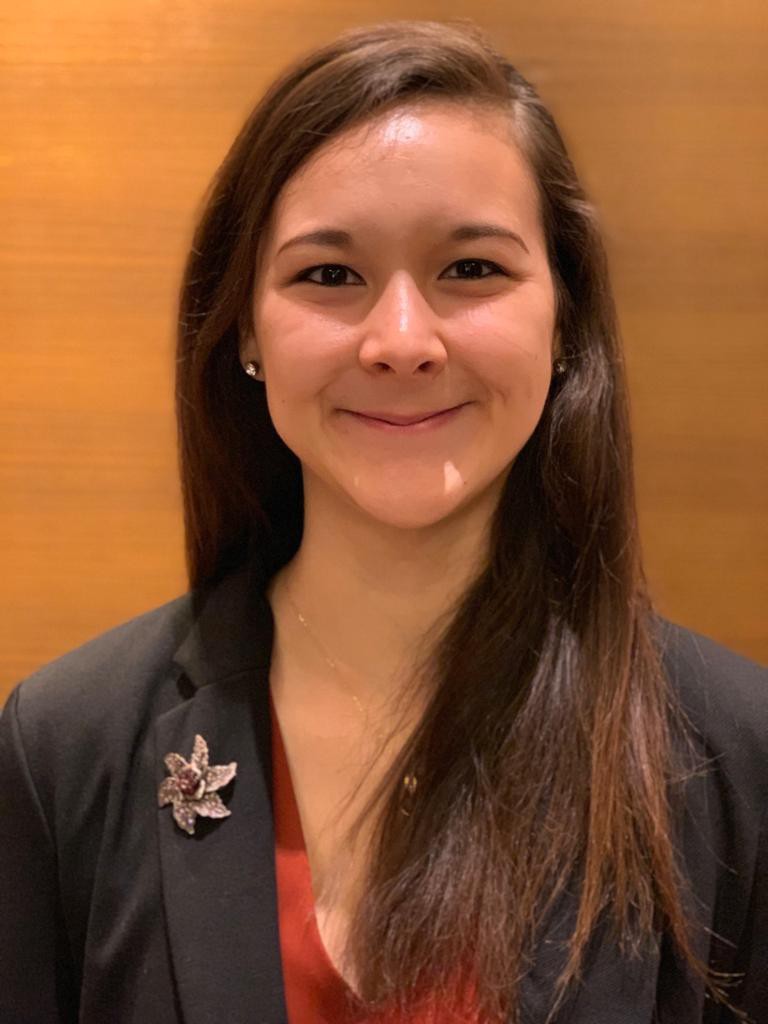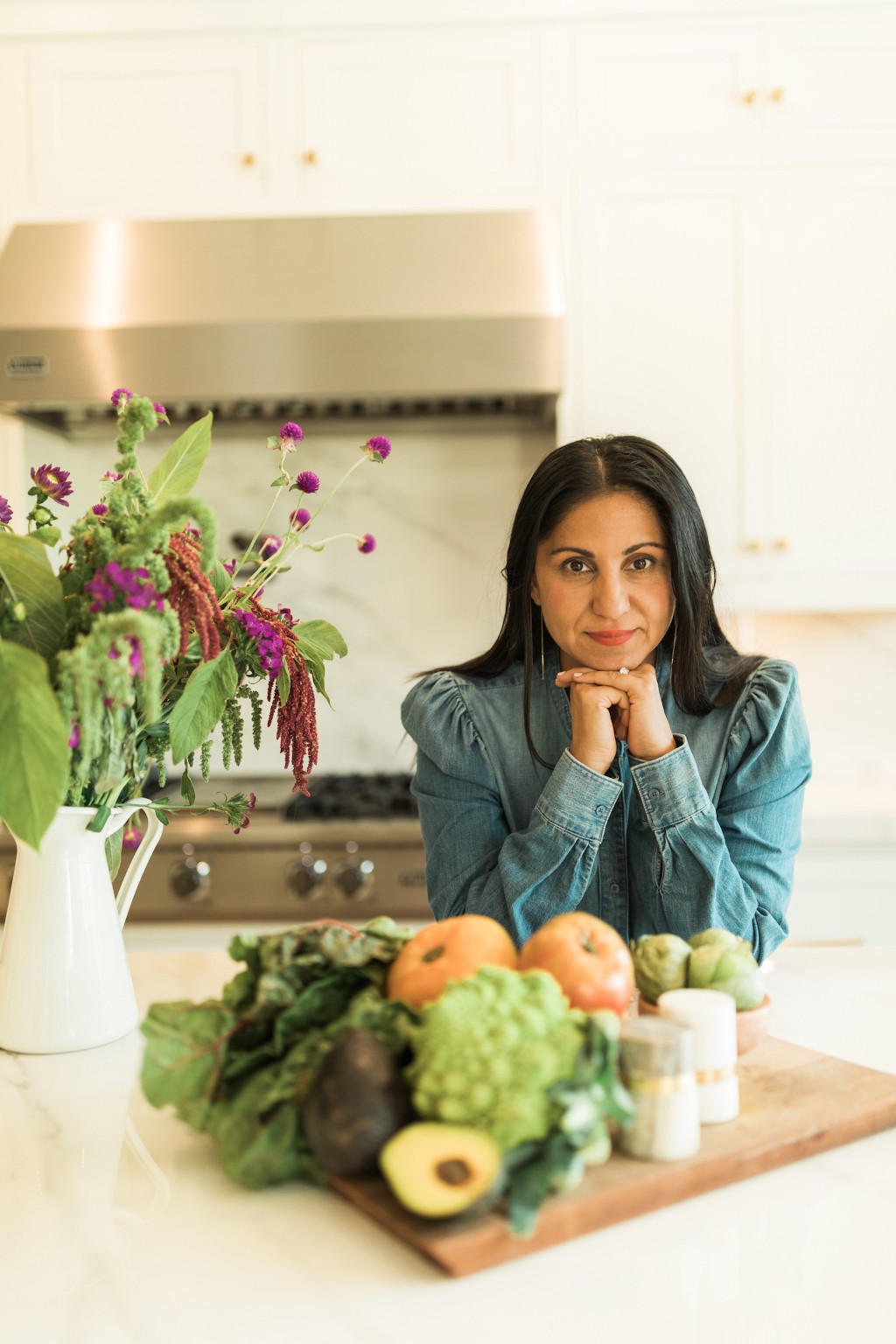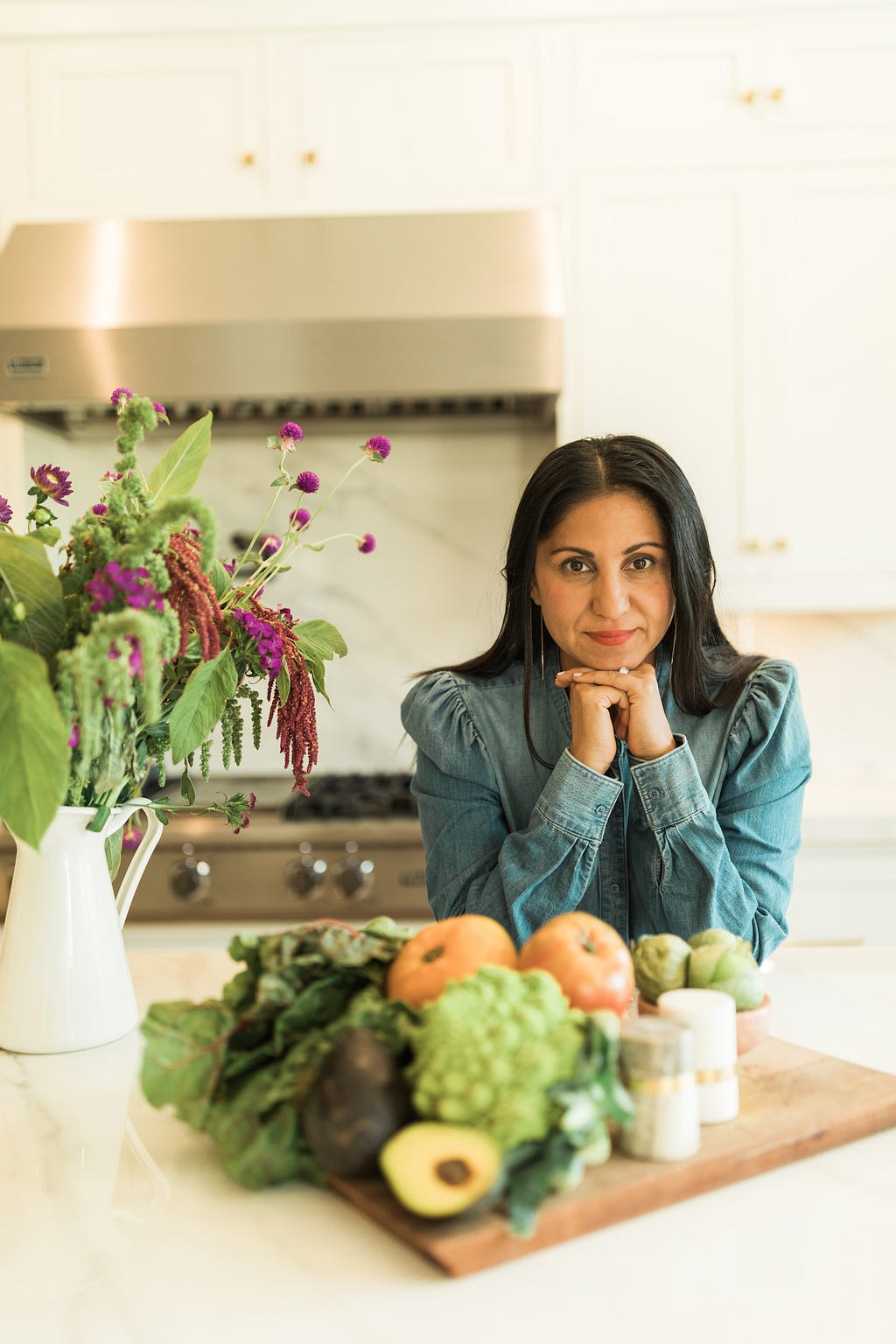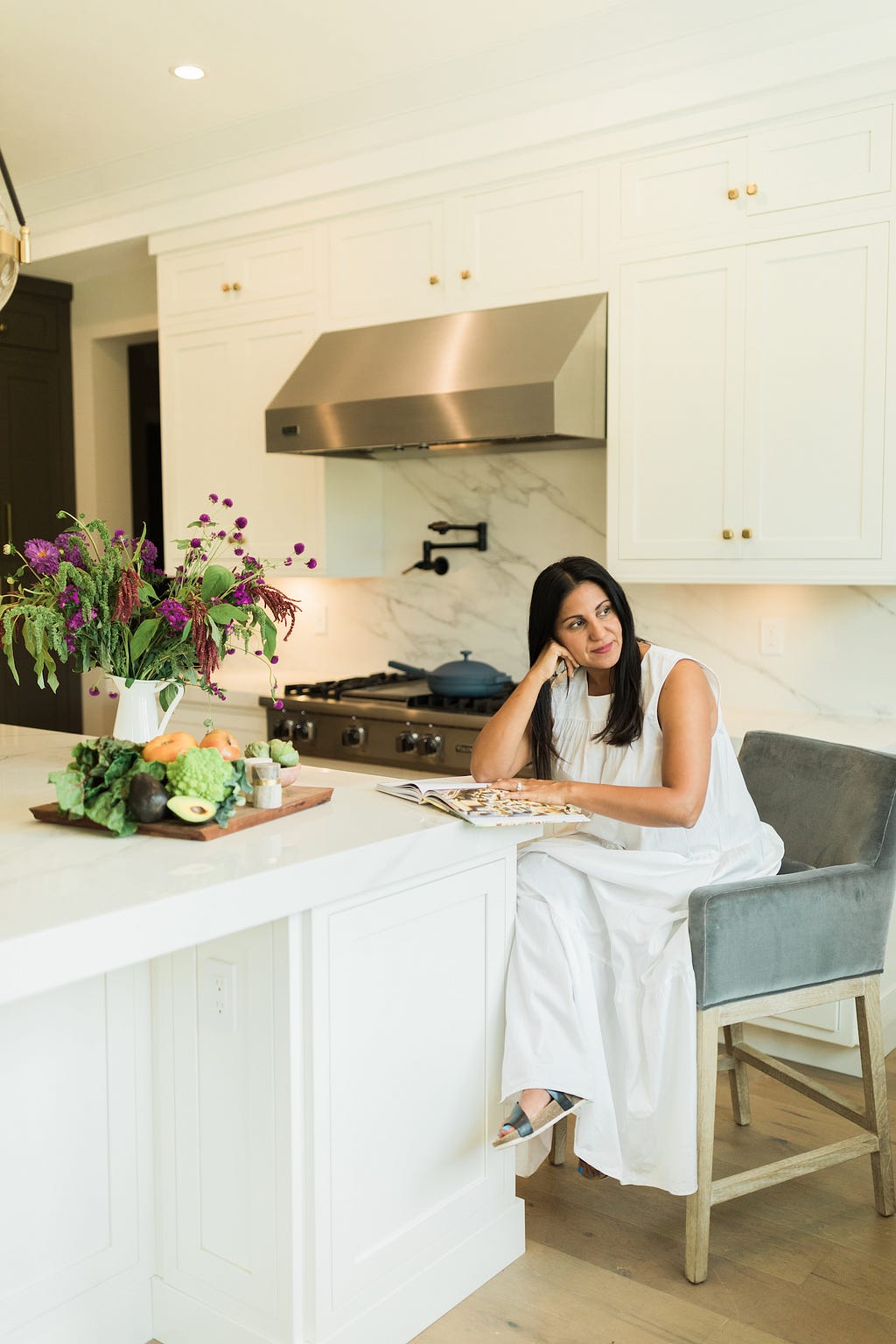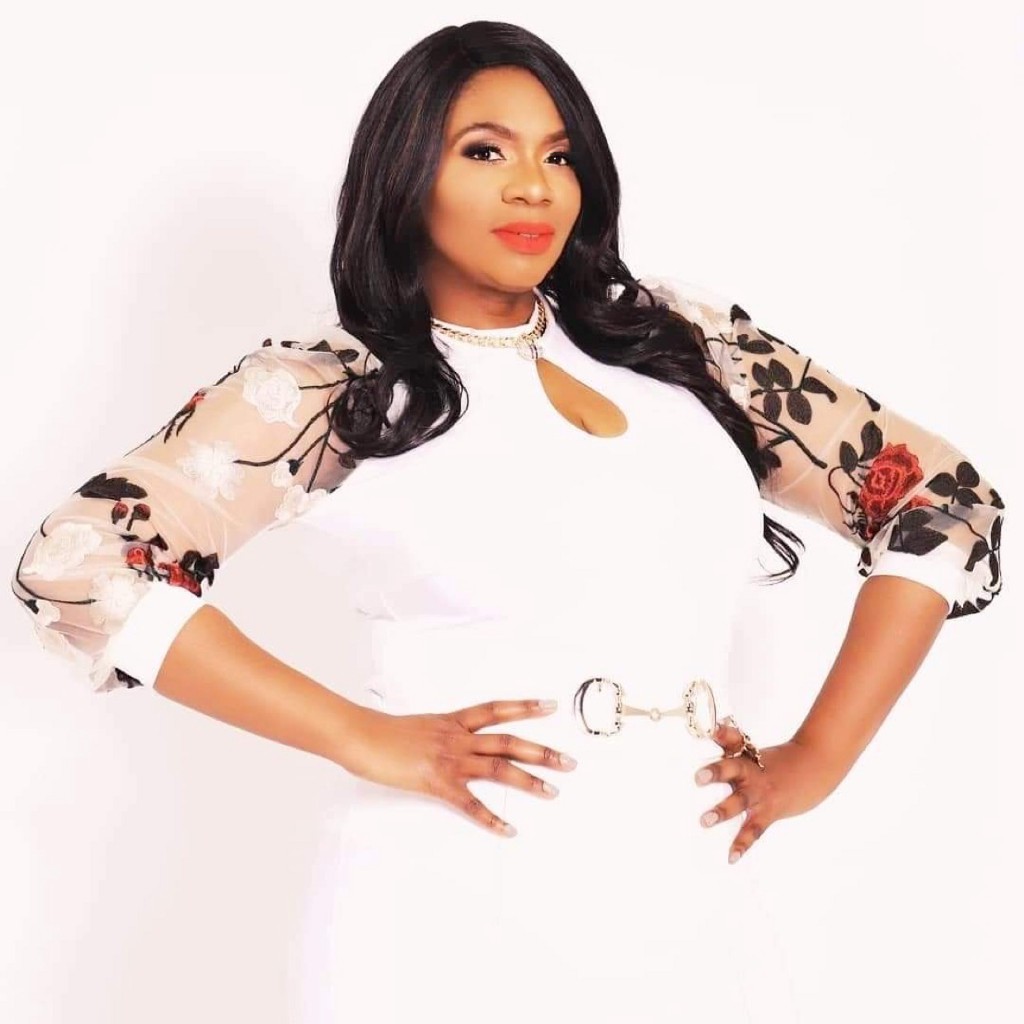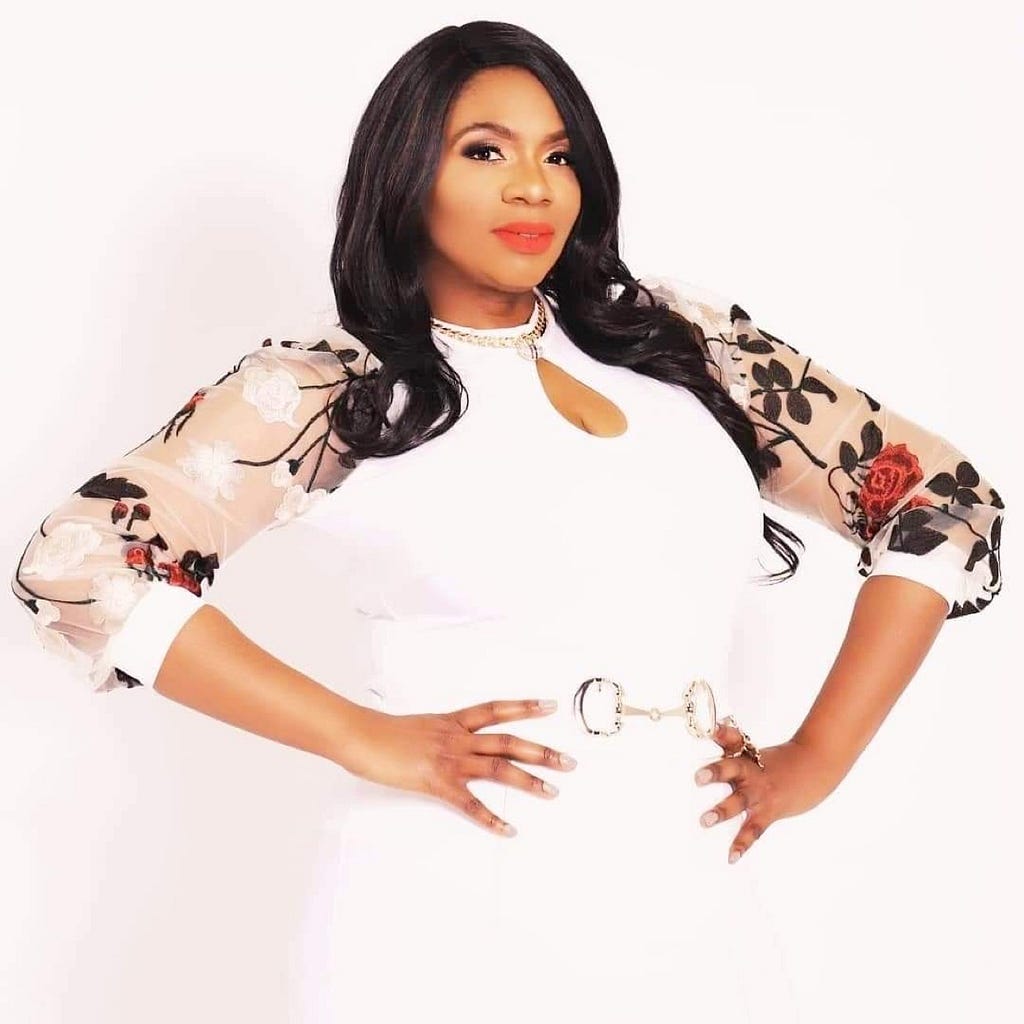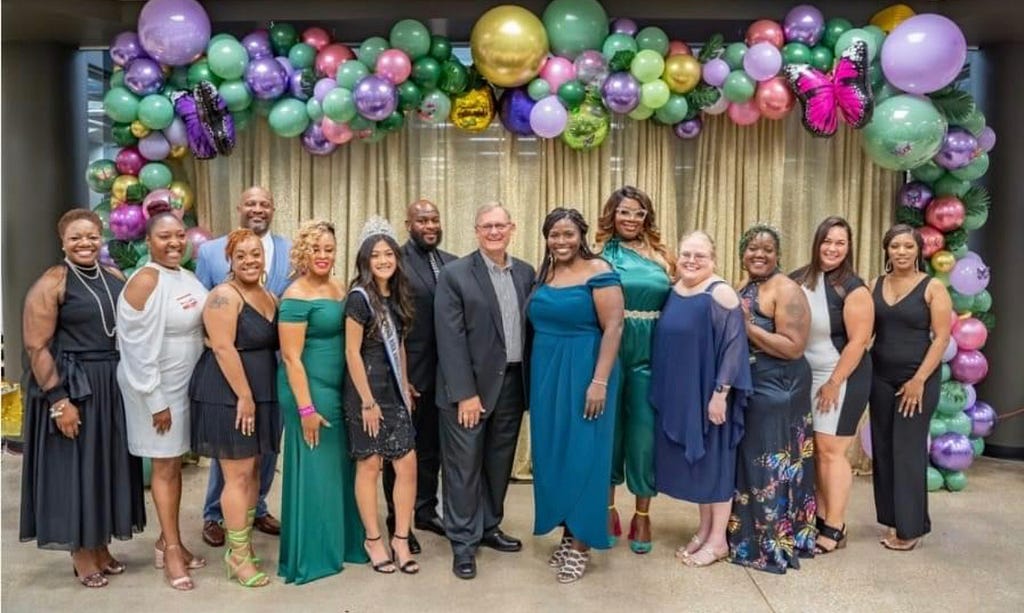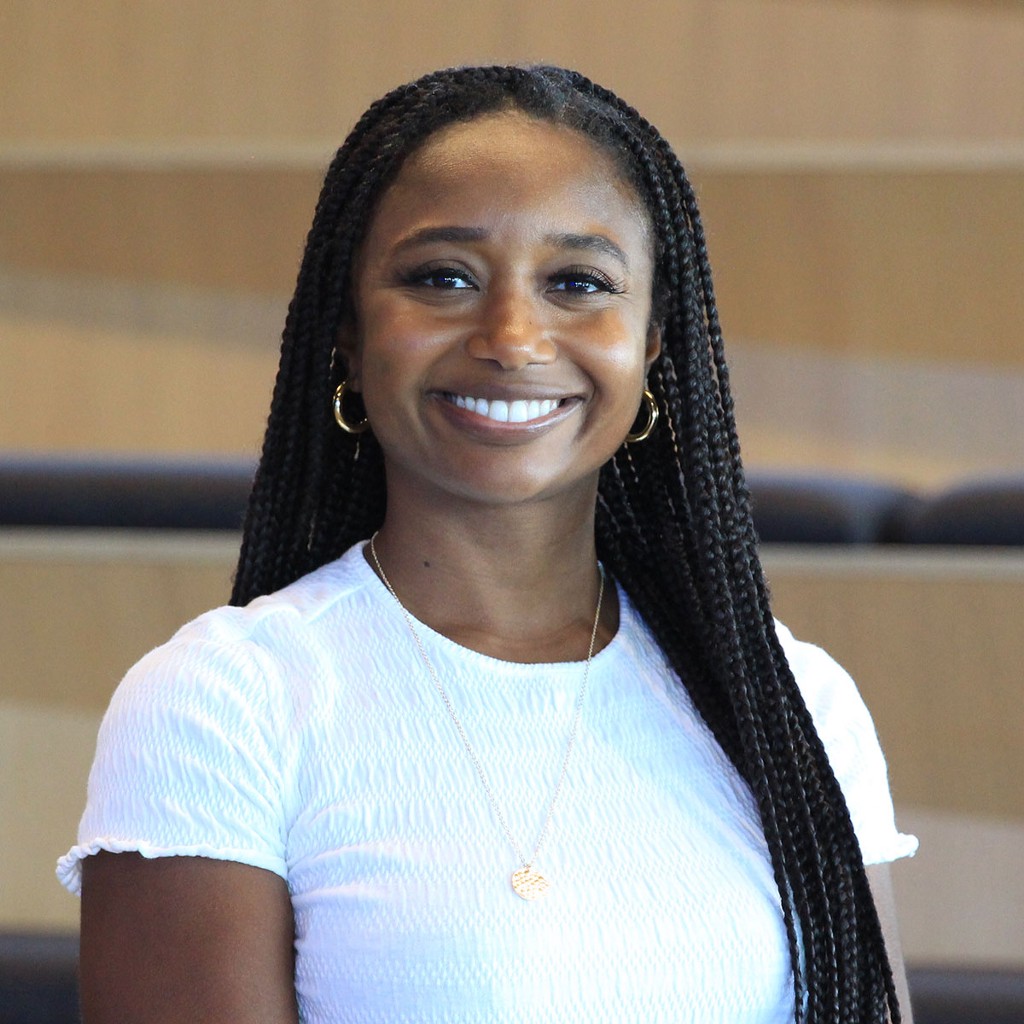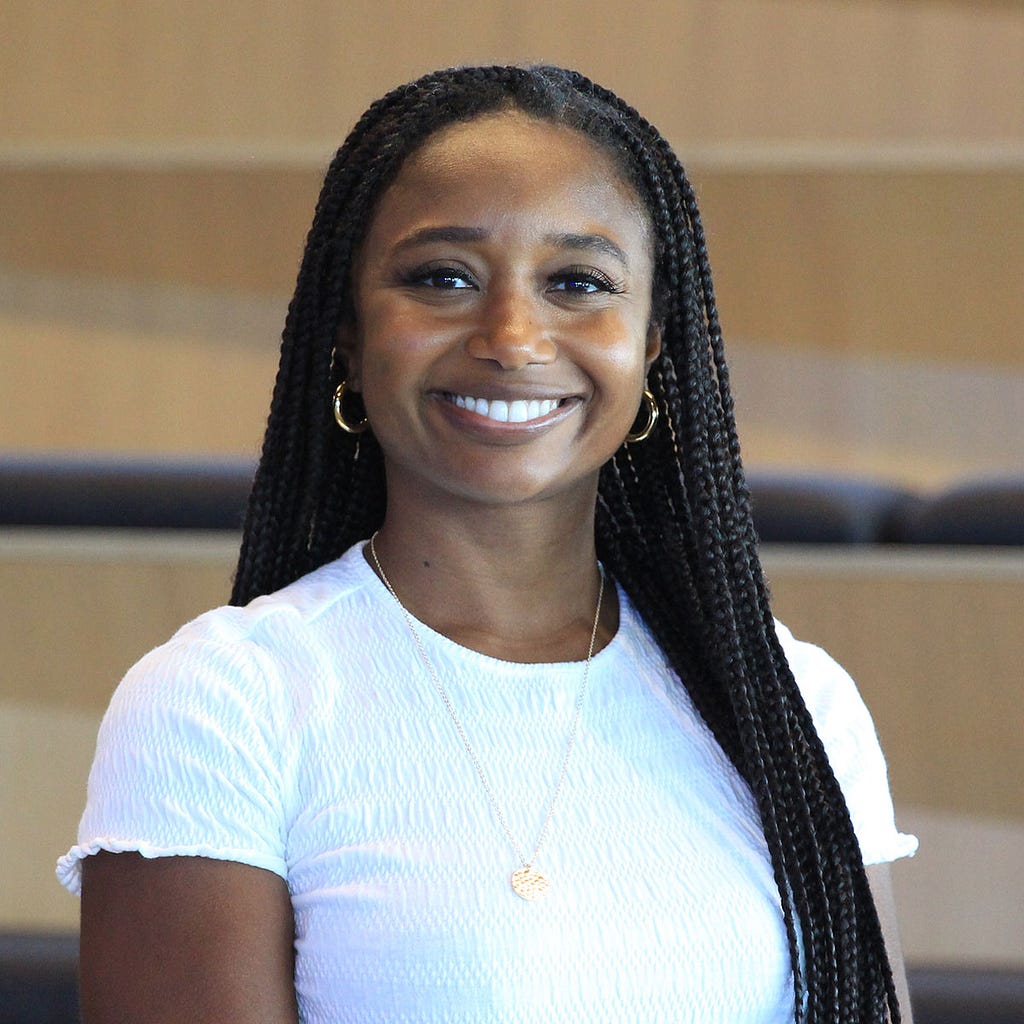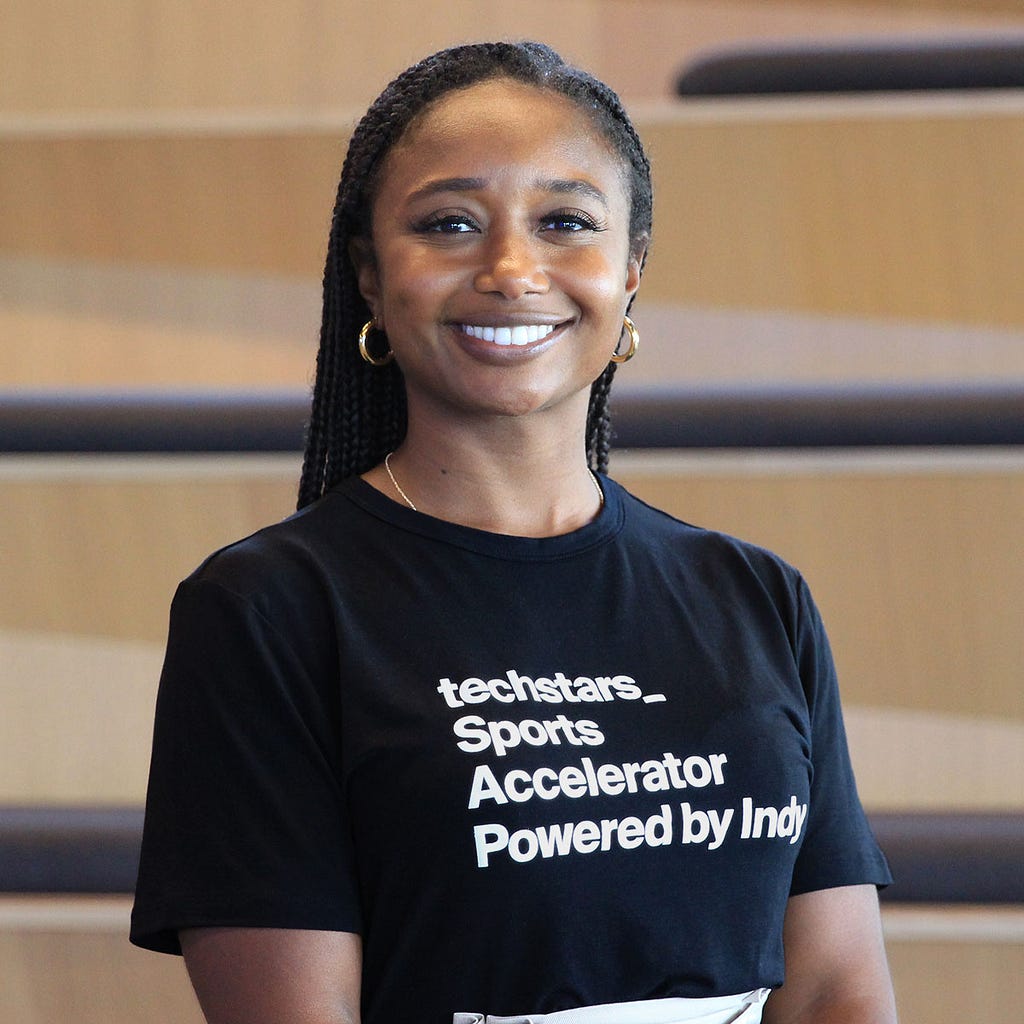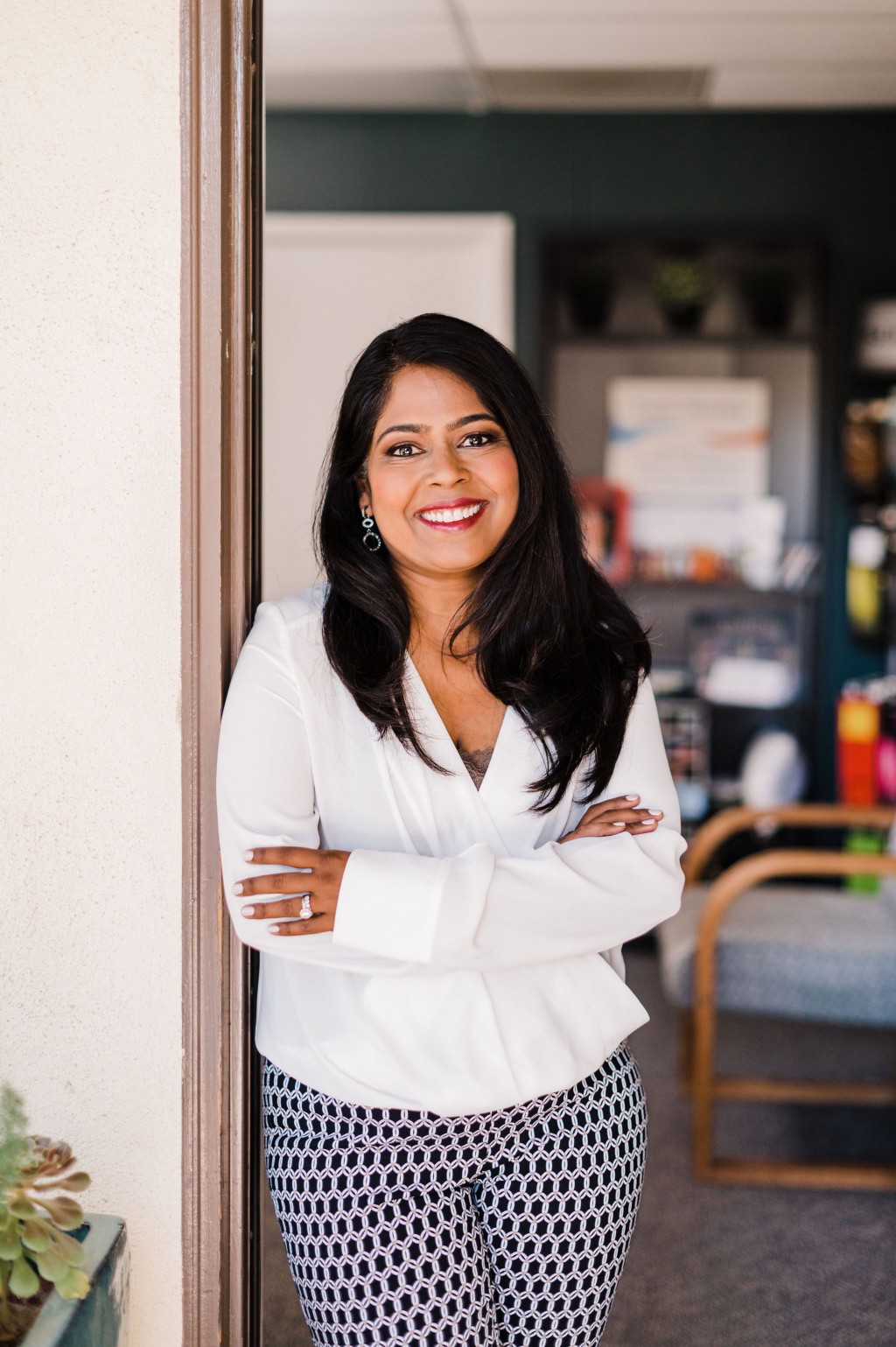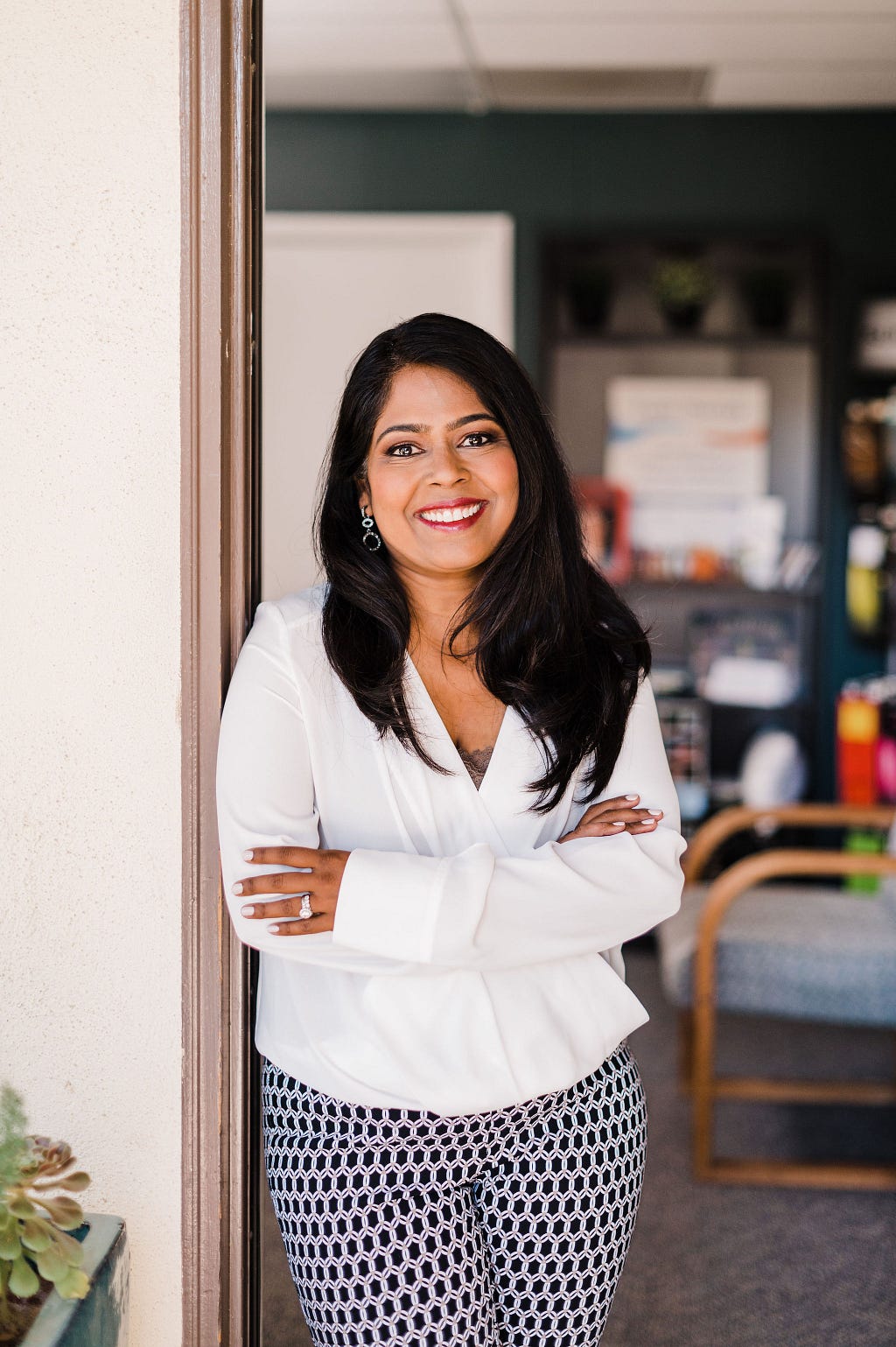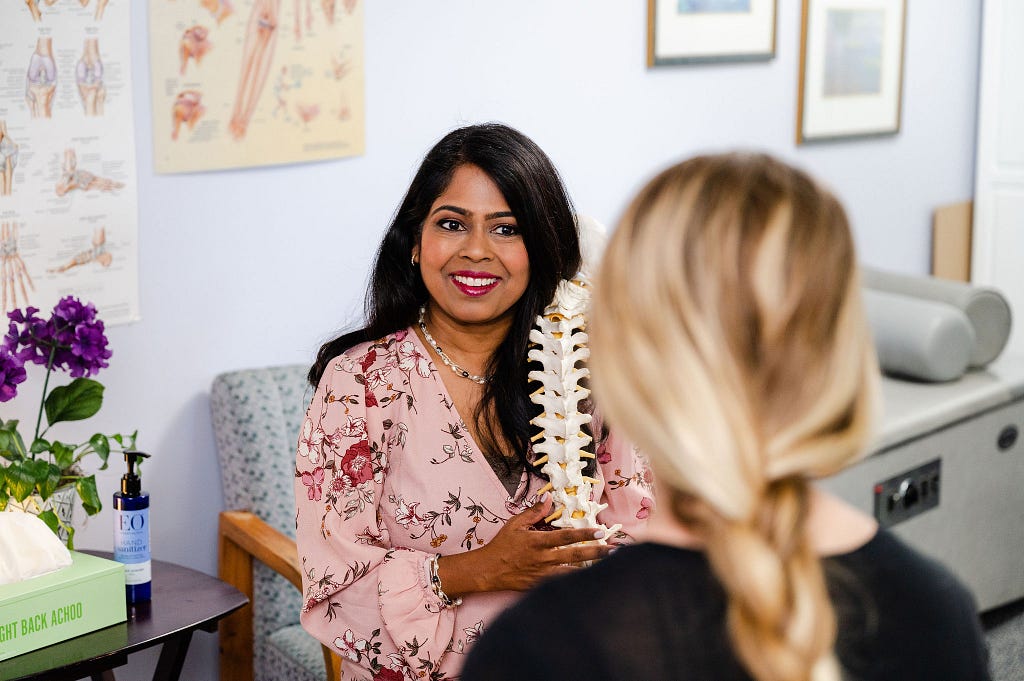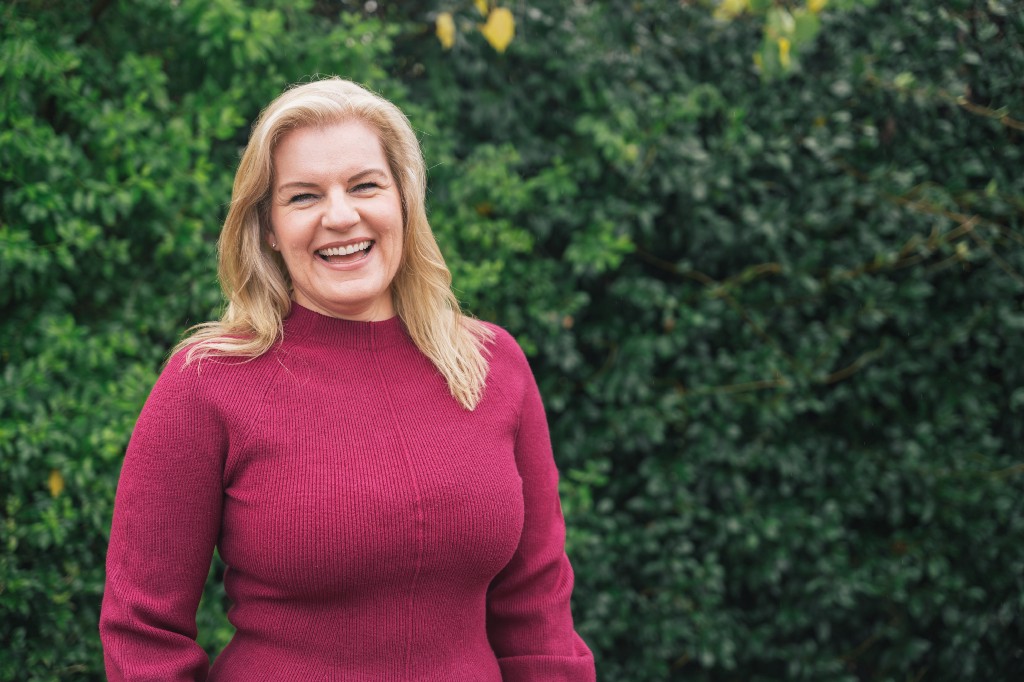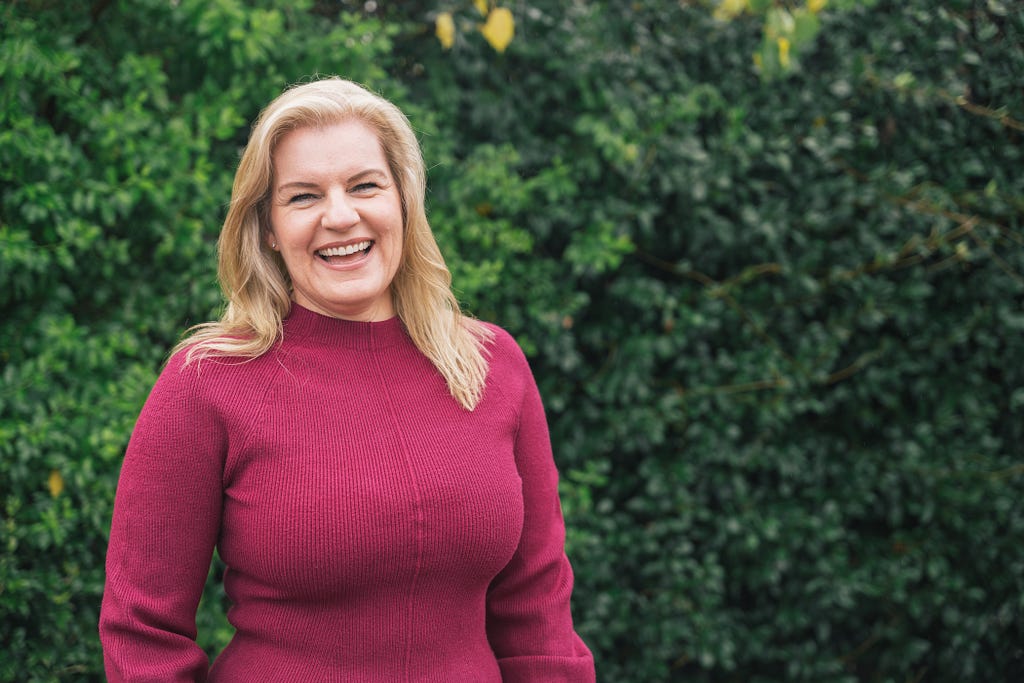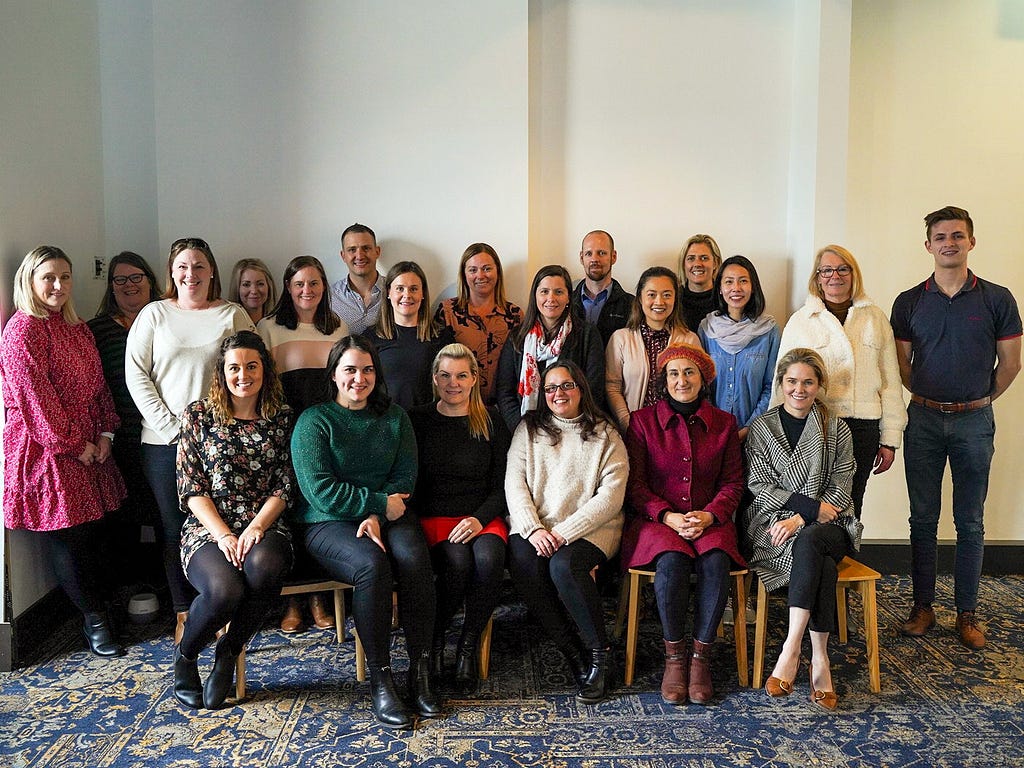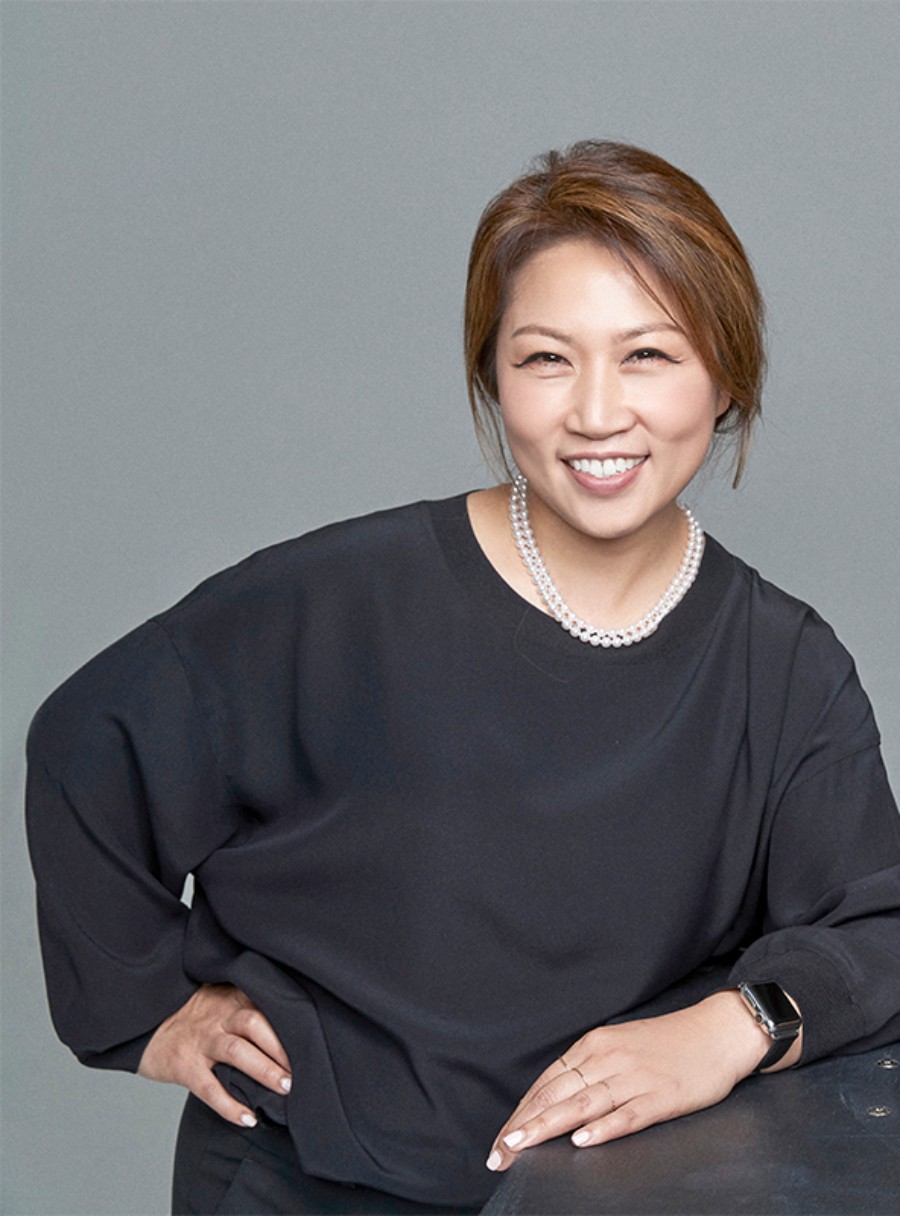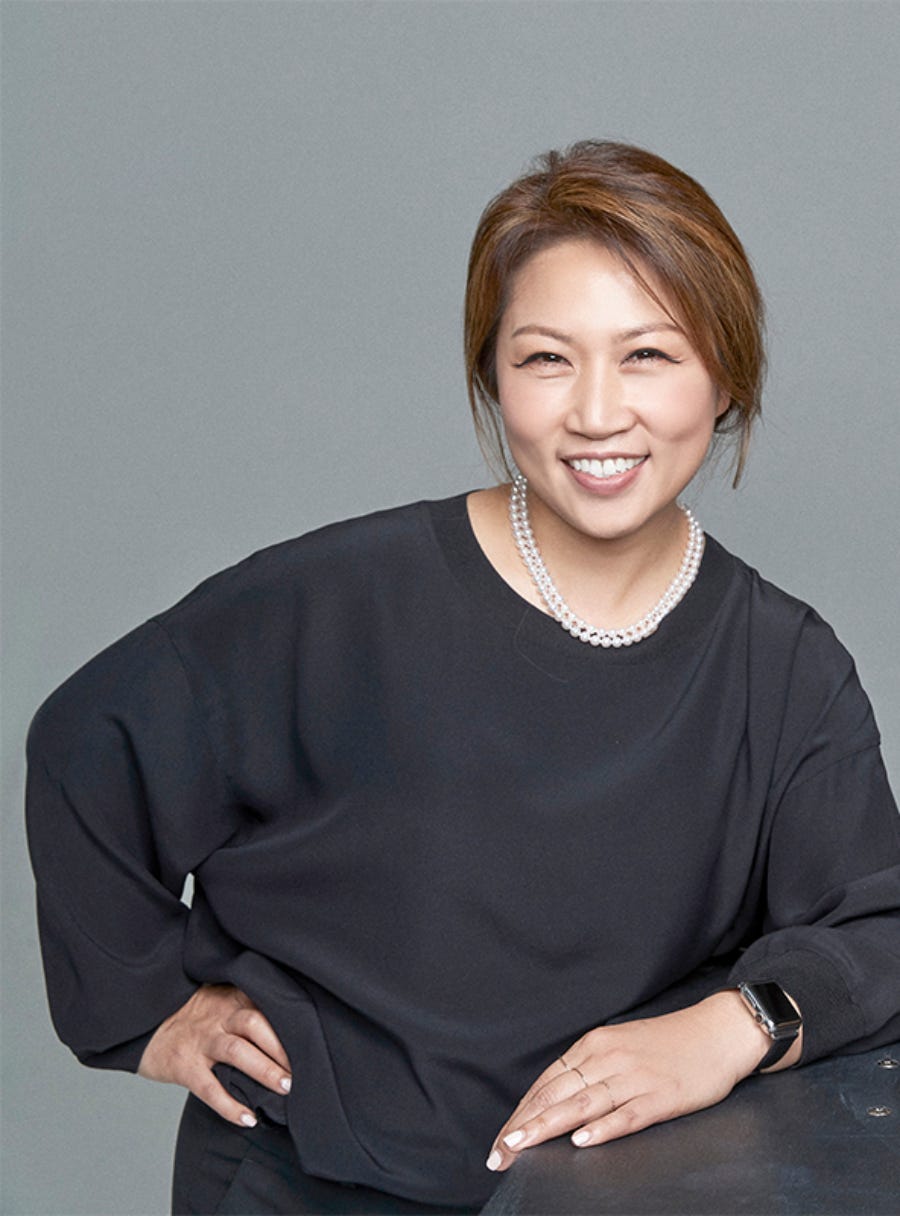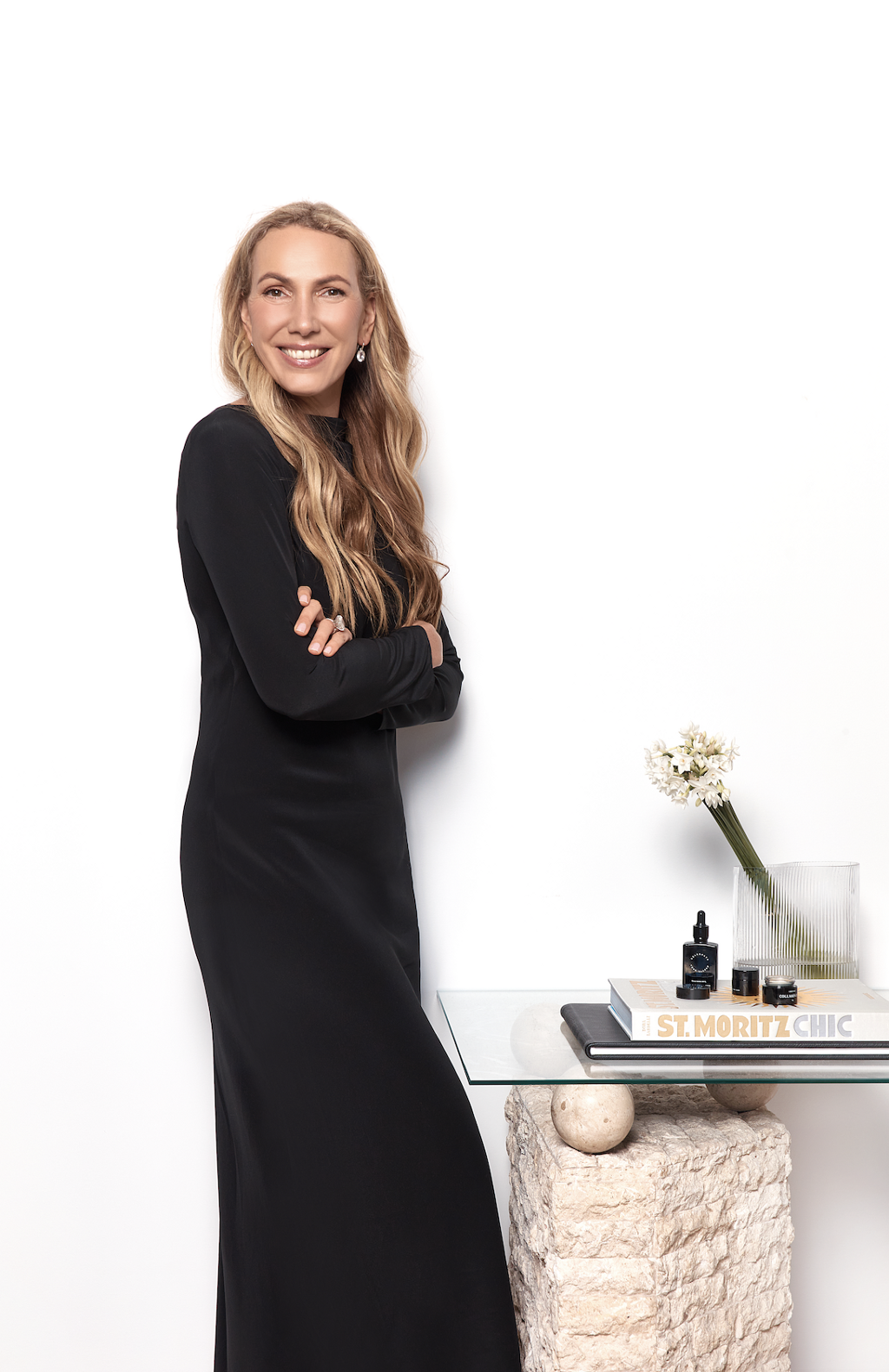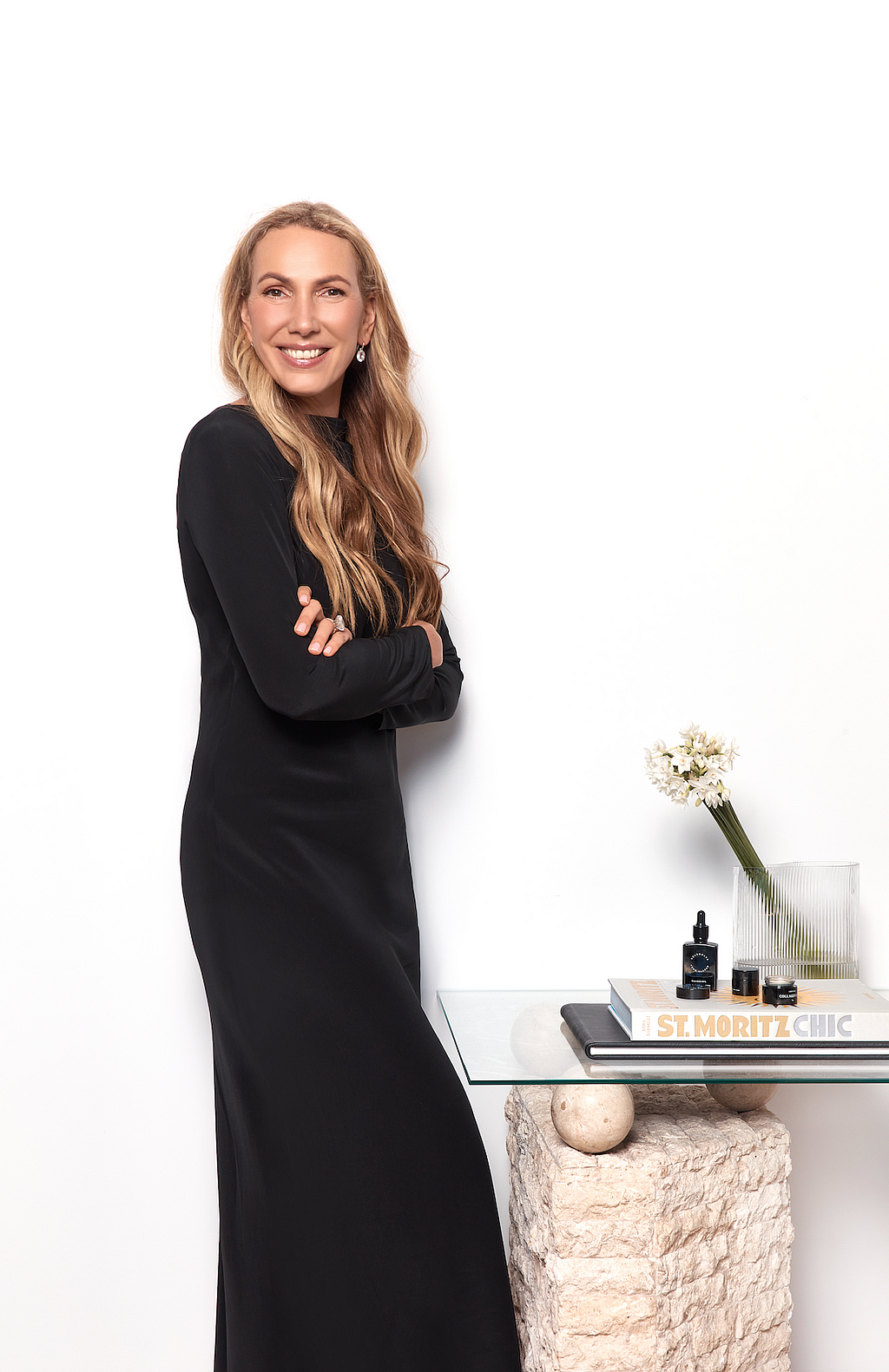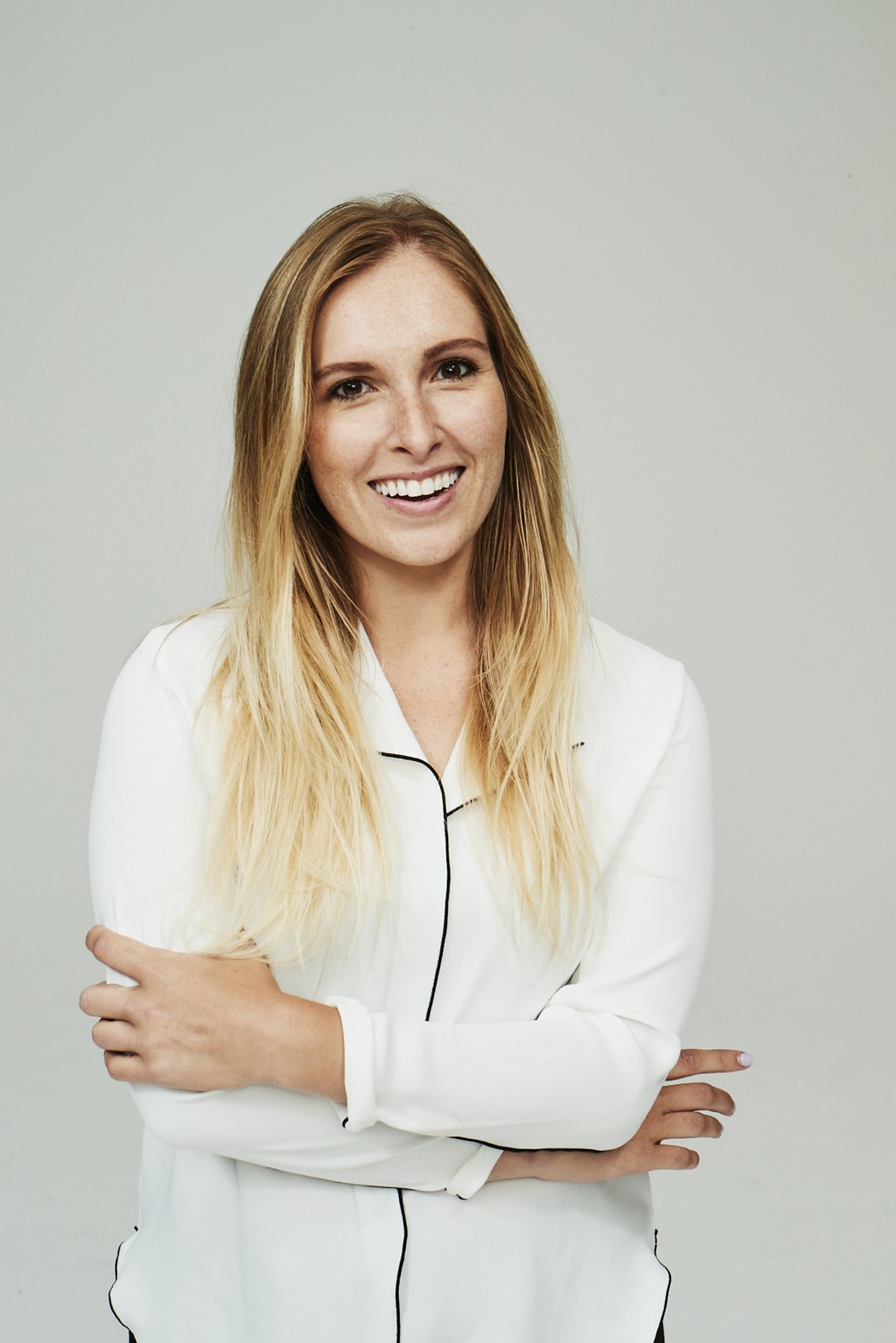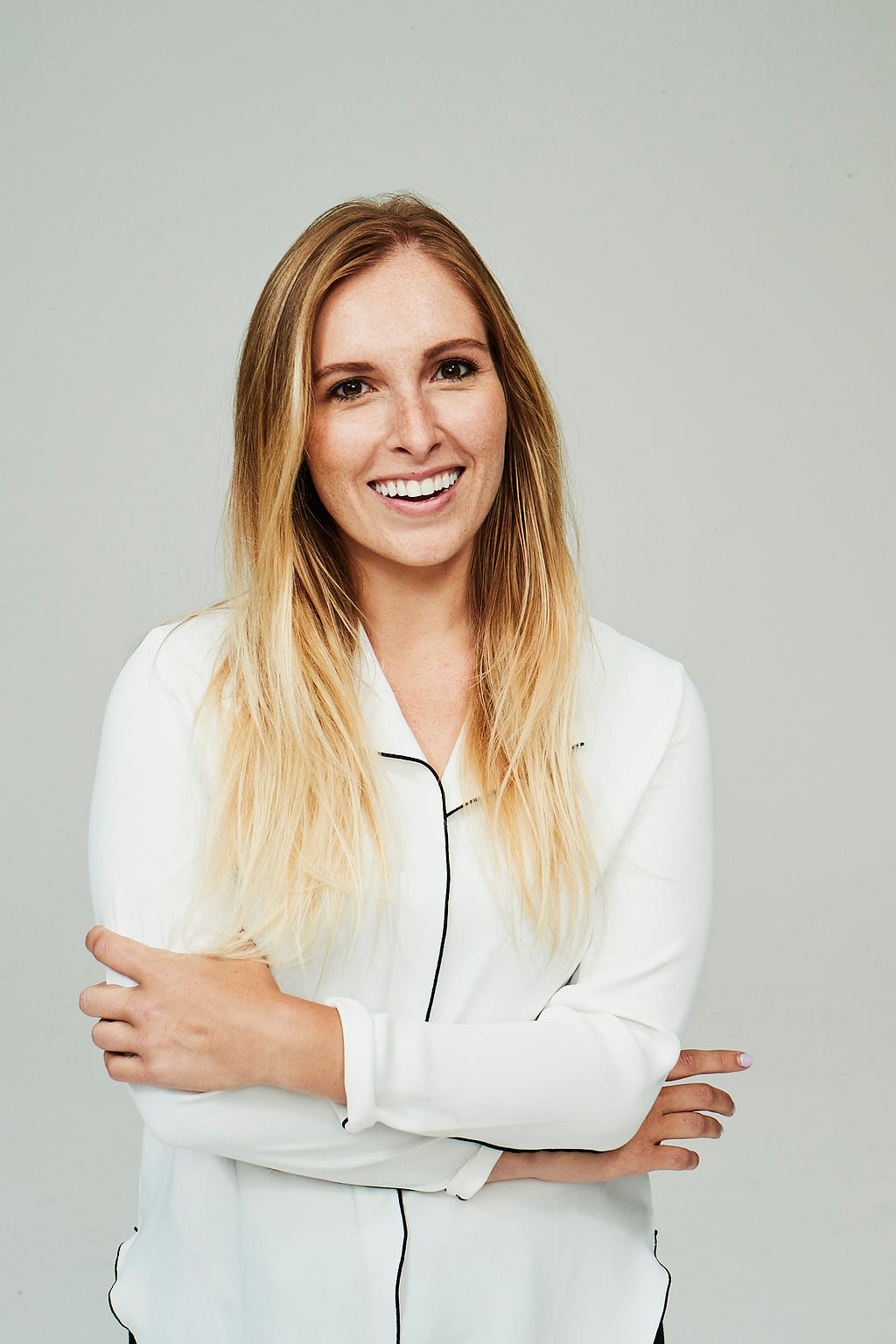Women In Wellness: Mariko Hill of Gencor On The Five Lifestyle Tweaks That Will Help Support People’s Journey Towards Better Wellbeing
An Interview With Candice Georgiadis
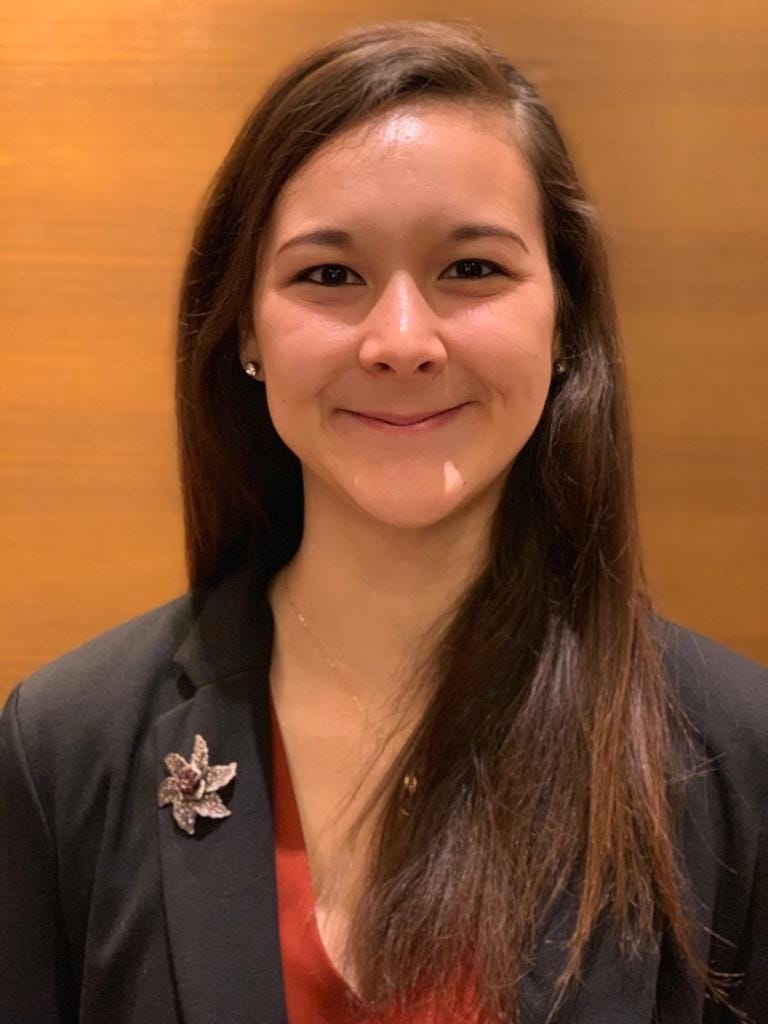
To achieve success, you must be incredibly committed and dedicated at doing the all the small things right — even as monotonous or boring as they can be;
As a part of my series about women in wellness, I had the pleasure of interviewing Mariko Hill.
As an international athlete at the age of 12, Mariko Hill has always looked to gain a competitive edge in the areas of health, performance, recovery and mindset. As an undergraduate research fellow at the University of Oxford, she Co-Founded Athena Nutrition — a platform where women can learn about latest research in performance nutrition to enhance their game on and off the field. She is the Global Innovation Manager at Gencor, where she looks to integrate science, consumer trends and regulations to help underpin innovation in the dietary supplements industry. Mariko is also a professional Cricketer for the National Women’s Hong Kong team and FairBreak Global.
Thank you so much for joining us in this interview series! Our readers would love to “get to know you” better. Can you share your “backstory” with us?
I am an English-Japanese born and raised in Hong Kong and started playing Cricket at the age of 11. At an early age of 12, I was selected to represent the National Hong Kong Women’s Cricket team — the youngest ever female to have represented the country. Since then, I have competed in number of international and franchise tournaments, including the Asian Games (also known as the ‘Olympics of Asia’), and have Captained the side from 2017 to 2019.
Beyond my sporting achievements, academics was always priority for me and I graduated from The University of Hong Kong with a BSc Exercise & Health and BSc Nutrition. Being the top of my class, I was fortunate enough to have received a scholarship at The University of Oxford to conduct research and further my experience in the scientific field. With a passion for nutrition and sports performance, I have always wanted to pursue a career in the area of health & wellness and therefore managed to get a job in the nutraceutical industry. Now as a Global Innovation Manager of Gencor Pacific, I help brands develop unique, science-backed dietary supplements to support the health & wellbeing of individuals. Having contributed to two scientific publications, I also present at global conferences and summits to educate the industry about ingredients new and unique ingredients.
Lastly, as a professional athlete, I have always looked to gain a competitive edge in the areas of health, performance, recovery and mindset. Yet, from doing own research, found that there was a lack of nutritional information that catered for the needs of female athletes. I therefore Co-Founded Athena Nutrition — a platform where women can learn about latest research in performance nutrition to enhance their game on and off the field.
So all in all, I am huge advocate of sports, nutrition, and travel, and use sport as a vehicle for social change to voice out the crucial issues of gender equality and further my mission of creating opportunity and equality for all.
Can you share the most interesting story that happened to you since you started your career? What were the main lessons or takeaways from that story?
I am very fortunate to be in the position I am in now — travelling the world for international Cricket tournaments and business trips — and am incredibly grateful of all the people that influenced me in my life. In fact, I received my first internship at Gencor from a conversation I had with an umpire (also known as ‘referee’) after a cricket match in 2017. The umpire just so happened to be the Managing Director of Gencor and five years later, I am still working under him — only this time handling the European market and Sports & Active Nutrition portfolio. The takeaway from this is that you never know what is around the corner and by connecting with people, you may stumble upon new and unique opportunities.
Can you share a story about the biggest mistake you made when you were first starting? Can you tell us what lesson you learned from that?
When starting Athena Nutrition, we didn’t think creating a brand was going to be as difficult than it was. Little did we know the amount of time and effort it takes to build a brand from scratch — from designing a logo, to developing a website, to researching and writing blog posts and more; however, it was all worth it when we saw the final product and impact we made on individuals. The biggest lesson I learnt from this startup was to make sure I have a timeline in place of all the small tasks that need to be completed in order to reach the long-term goal (pro tip: a GANTT chart will help achieve this).
Let’s jump to our main focus. When it comes to health and wellness, how is the work you are doing helping to make a bigger impact in the world?
The work I am doing is making an impact in the world in numerous ways. Firstly, with the lack of research catered for the needs of female athletes and specific to their physiology, Athena Nutrition provides a platform where women can learn about latest research in performance nutrition to enhance their performance on the field and the workplace.
Secondly, as a Global Innovation Manager at Gencor, I look to innovate products in the dietary supplement industry to support females health & wellbeing. I develop these formulations solely based science in order to ensure the products provide the full clinical benefits as they are marketed under.
Lastly, as a professional female athlete, I use sport as a vehicle for social change to voice out the crucial issues of gender equality and further my mission of creating opportunity and equality for all.
Can you share your top five “lifestyle tweaks” that you believe will help support people’s journey towards better wellbeing? Please give an example or story for each.
Consistent, daily habits is key to better mental and physical well-being. My top five ‘lifestyle tweaks’ are:
- Wake up early — by getting up early, you are able to get a head start over the competition and gain more hours in the day for productive tasks. For me, waking up was essential in order to have a good work-life balance and go to training before work;
- Exercise frequently — we all know the importance of exercise and by getting involved in regular physical activity, you will not only feel better but function a lot more efficiently on and off the field;
- Choose healthier alternatives — by making simple dietary swaps (e.g. brown over white rice, lean over fatty meats, low-fat Greek yoghurt vs sweetened fruit yoghurts), you are able to consume more micronutrients whilst lowering the total caloric intake;
- Sleep 8 hours — sleep is essential for mind and body and without enough sleep, your body can be negatively impacted such as your performance, recovery, mood, energy levels, immunity, and cognitive function;
- Supplement daily — supplementation can be benefit you in a number of ways: (i) optimizing your health & wellbeing; (ii) enhancing performance & recovery; & (iii) helps you get you into a healthy routine. Of course, only supplement if you need to.
If you could start a movement that would bring the most amount of wellness to the most amount of people, what would that be?
By broadcasting more women’s sport on tv to inspire girls and women to play sport and/or get involved in a more active lifestyle.
What are your “5 Things I Wish Someone Told Me Before I Started” and why?
- To achieve success, you must be incredibly committed and dedicated at doing the all the small things right — even as monotonous or boring as they can be;
- Failure is part of the learning process — learn from it and move on;
- Go out and do the things that you are fearful of as it allows you to grow and overcome any obstacles;
- Reading industry articles and newsletters is a great way to stay on top of the latest trends and scientific research;
- Don’t hesitate to reach out when you need help — whether that is outsourcing companies to help with projects or asking colleagues to offload with work.
Sustainability, veganism, mental health, and environmental changes are big topics at the moment. Which one of these causes is dearest to you, and why?
Mental health is the topic most dearest to me as I have noticed in recent years an increase in prevalence of anxiety and stress levels amongst friends and family. Job uncertainty, social media, and the pressures of sport, are only a handful of known factors that influence this and we are seeing an exponential rise in mood disorders after the pandemic. This is where it is important to raise awareness, educate and support those around us on how to reduce stress and anxiety levels.
What is the best way for our readers to further follow your work online?
Instagram — mariko.hill
Twitter — @MarikoHill
LinkedIn — Mariko Hill (https://www.linkedin.com/in/mariko-hill-7249a5b7/)
Thank you for these fantastic insights! We wish you continued success and good health.
Women In Wellness: Mariko Hill of Gencor On The Five Lifestyle Tweaks That Will Help Support… was originally published in Authority Magazine on Medium, where people are continuing the conversation by highlighting and responding to this story.


